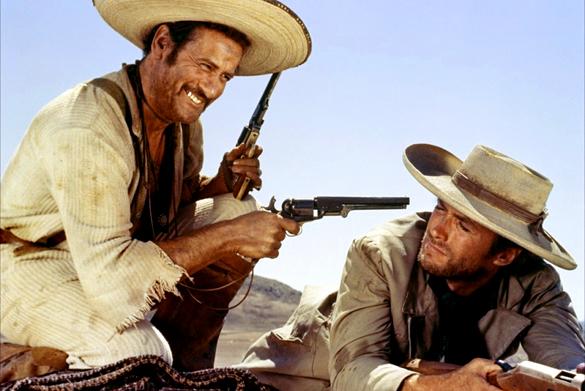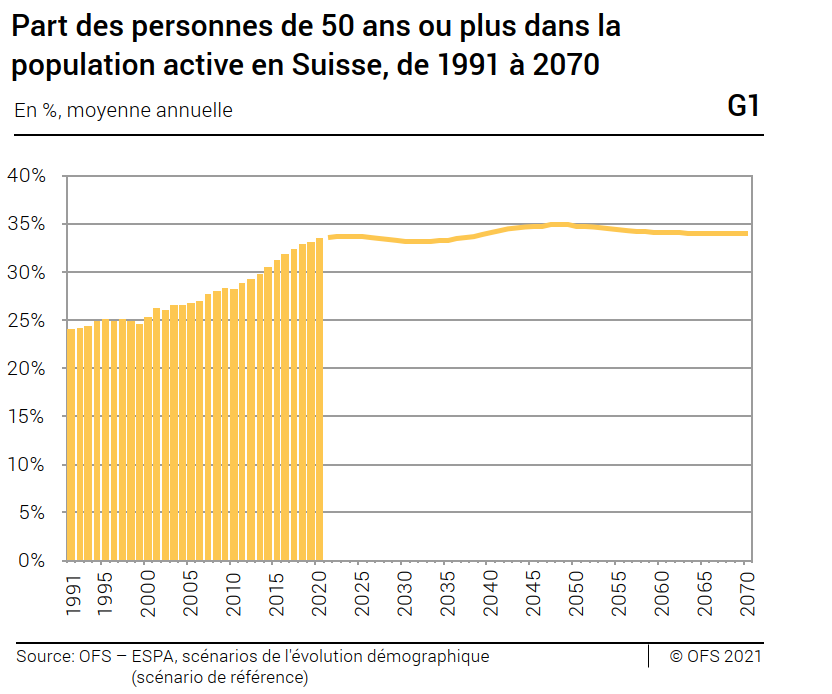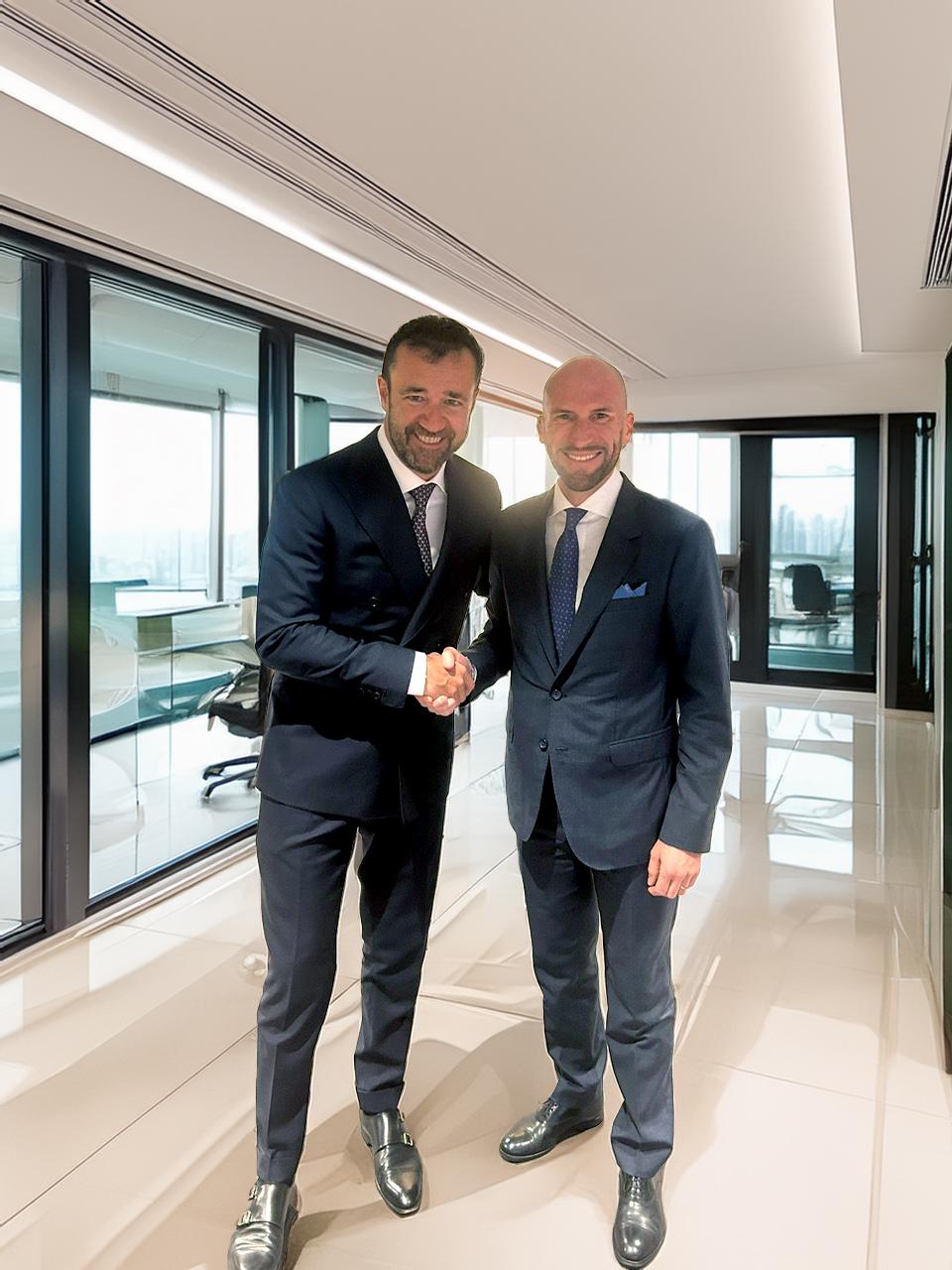In the seemingly subdued world of business, there is a phrase that is heard time and again like a sacred mantra: “Look to the future”. Outwardly inspiring, it cloaks the person saying it in an almost mystical entrepreneurial aura, as though they are reshaping things while contemporaries remain enmeshed in outworn habits. Yet these words all too often end up feeling like an order. An order to simply dismiss a troublesome past that is too messy or complicated; easier to label it ‘outdated’ than to take account of it.
Countless managers, executives, consultants and coaches now pull out this phrase like a moral trump card. Has the company encountered a crisis? “Let’s look to the future”. Has a strategy foundered? “It is what comes next that matters!”. Has a decision demotivated the teams? “Let’s face the future with optimism”. And not a word about the past, a space that is now treated as clutter, almost taboo, or at best, irrelevant.

In truth, fixating on the future sounds like a convenient escape. A neat way to avoid accountability, do away with uncomfortable assessments, gloss over mistakes with a veneer of forced optimism, and rewrite the script after the fact. “Look to the future” turns into a rallying cry mainly used to bury uncomfortable questions, or even to fudge the numbers when the game is nearly over.
Yet a company that refuses to examine its past is not demonstrating vision, but practising organisational amnesia. That is not agility, but avoidance. It is not momentum, but calculated forgetting. The past is not a burden, it is a mirror. Covering it with a veil does not ensure a bright future; it blinds everyone and deprives the collective of a shared story.
And let us be honest: this relentless demand to stay positive, look ahead and remain silent about anything uncomfortable starts to feel toxic. As if digging deeper or seeking understanding were signs of weakness or a lack of entrepreneurial spirit. As though reflection were a luxury for idlers in a world that values action.
Yes, look to the future, but not as a headlong rush forward. Progress does not come from forgetting; it begins with a clear look at what we have been, and sometimes at what we have missed. “If you don’t know where you’ve come from, you don’t know where you’re going”. Agree on a shared account of the past to be able to face the future together with clarity.








